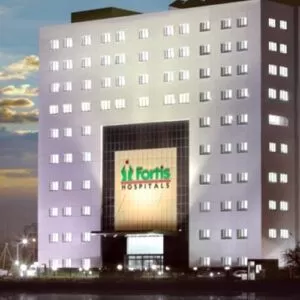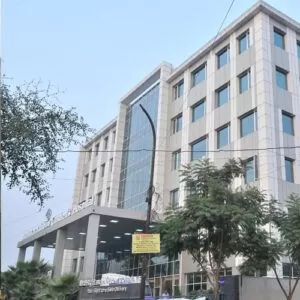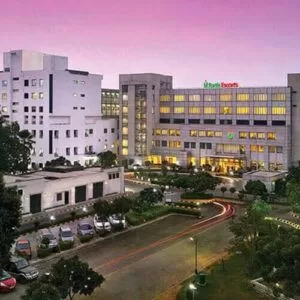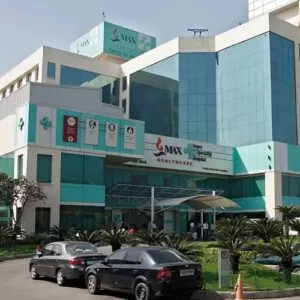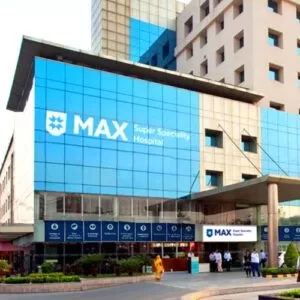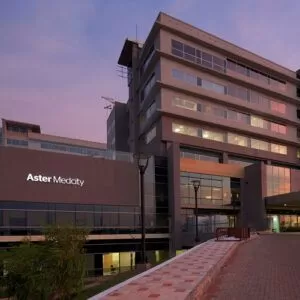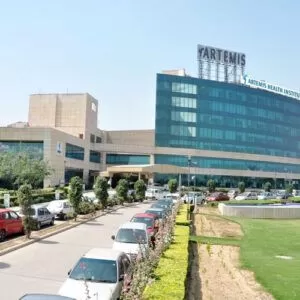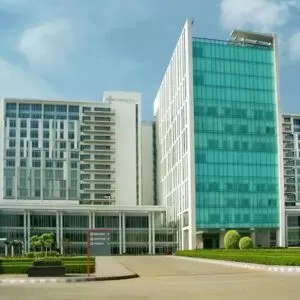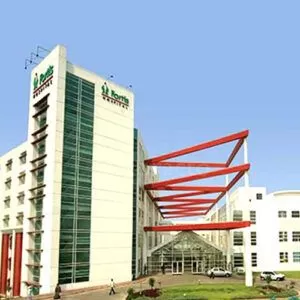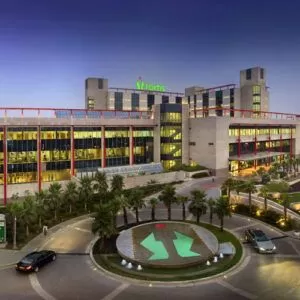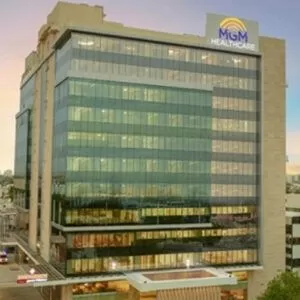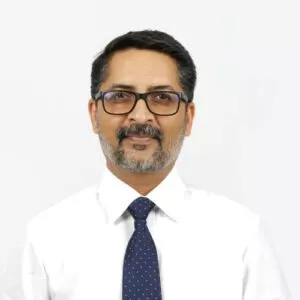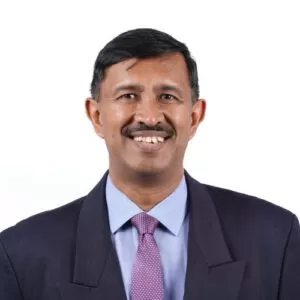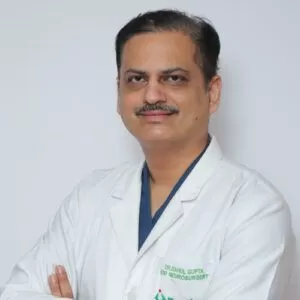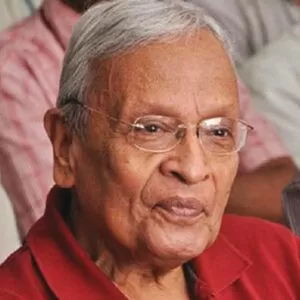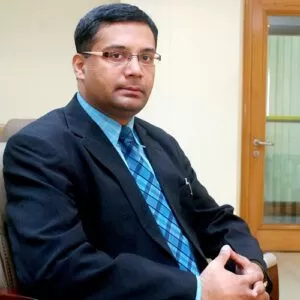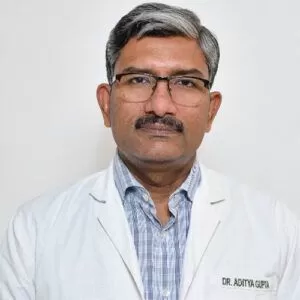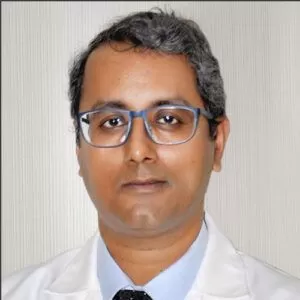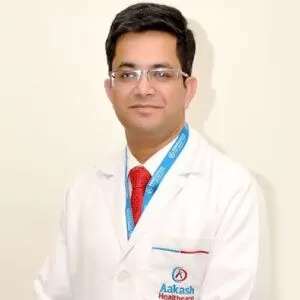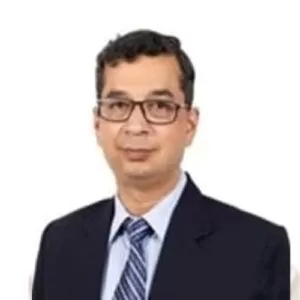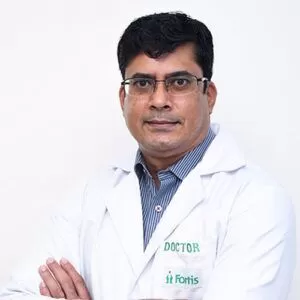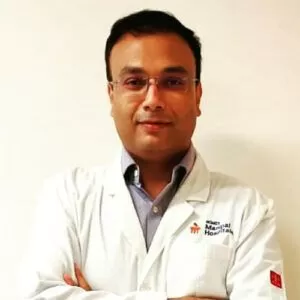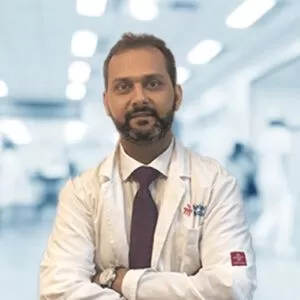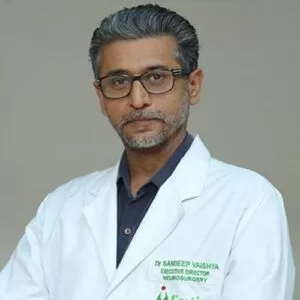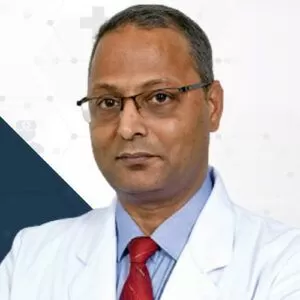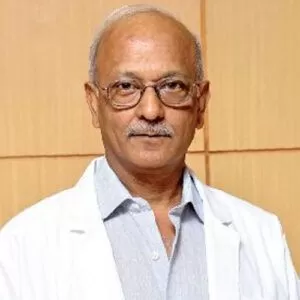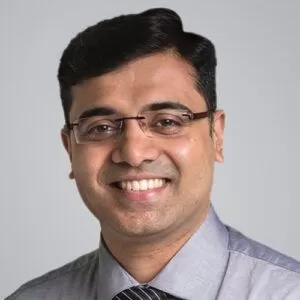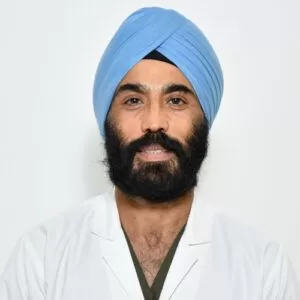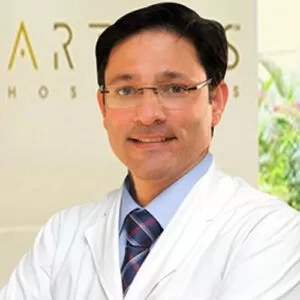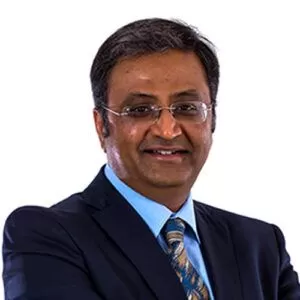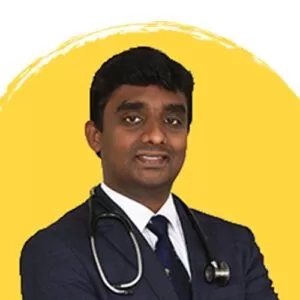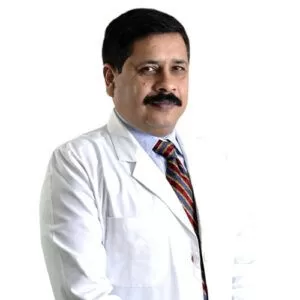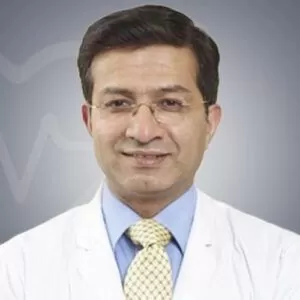Neurosurgery is a highly specialized medical field focused on the diagnosis, treatment, and surgical care of conditions affecting the brain, spine, and nervous system.
From brain tumor removal to spinal cord decompression and aneurysm clipping, neurosurgery helps patients regain movement, relieve pain, and restore neurological function often when non-surgical treatments have failed.
Neurosurgery is commonly recommended for:
- Brain tumors or skull base tumors.
- Spinal cord compression or disc herniation.
- Aneurysms and arteriovenous malformations (AVMs).
- Traumatic brain or spine injuries.
- Hydrocephalus or nerve compression.
- Epilepsy surgery or deep brain stimulation.
Today’s advanced options include minimally invasive brain and spine surgery, awake brain surgery, endoscopic procedures, and robotic-assisted neurosurgery, all designed to reduce risk, shorten recovery time, and improve outcomes.
Success rates for neurosurgery in India vary based on the condition, but major procedures like tumor resection, spinal fusion, or DBS show 70% to 90% positive outcomes, especially in accredited centers with experienced neurosurgeons. At Shinon Healthcare, we connect you to the best neurosurgery hospital in India, offering cutting-edge technology, world-renowned doctors, and personalized care.
Causes of Brain Tumors:
- Genetic predisposition
- Exposure to ionizing radiation
- Family history of brain tumors
- Age-related risk (certain tumors are more common in specific age groups)
- Environmental exposures or occupational hazards
- Immunodeficiency or compromised immune system
Symptoms of Brain Tumors:
- New or worsening headaches, especially those that become more frequent or severe
- Nausea or vomiting, often worse in the morning
- Seizures or convulsions, even without a prior history
- Weakness or numbness in the limbs, often on one side of the body
- Balance issues or difficulty walking
- Changes in vision, hearing, or speech
- Cognitive difficulties, such as memory loss, confusion, or personality changes
Causes:
- Herniated or bulging intervertebral discs
- Spinal tumors (benign or malignant)
- Spinal fractures or trauma
- Degenerative disc disease
- Infections like spinal epidural abscess
- Rheumatoid arthritis or osteoarthritis
Symptoms:
- Back or neck pain that may worsen with movement
- Tingling or numbness in the limbs
- Weakness in arms or legs
- Difficulty walking or maintaining balance
- Loss of bowel or bladder control in advanced cases
- Muscle stiffness or spasms
Causes:
- Congenital blood vessel malformations
- High blood pressure
- Head trauma
- Smoking and substance abuse
- Genetic connective tissue disorders
- Atherosclerosis
Symptoms:
- Sudden, severe headache often described as the “worst headache of your life”
- Nausea and vomiting
- Stiff neck or loss of consciousness
- Seizures
- Vision or speech problems
- Weakness or numbness, often on one side of the body
Causes:
- Road traffic accidents
- Falls especially in elderly and children
- Sports-related injuries
- Assault or physical violence
- Blast injuries in military contexts
- Worksite or industrial accidents
Symptoms:
- Loss of consciousness (short or prolonged)
- Persistent headache or confusion
- Memory loss or difficulty concentrating
- Nausea, vomiting, or dizziness
- Slurred speech or blurred vision
- Weakness or numbness in limbs
Causes:
- Congenital brain malformations
- Brain tumors or cysts
- Meningitis or other infections
- Traumatic brain injury
- Bleeding in the brain (hemorrhage)
- Age-related brain shrinkage (normal pressure hydrocephalus)
Symptoms:
- Enlarged head size in infants
- Headaches and vomiting
- Balance and walking difficulties
- Urinary incontinence
- Vision problems
- Personality or cognitive changes especially in adults
Causes:
- Brain injury like trauma or stroke
- Brain tumors or infections
- Genetic or developmental brain disorders
- Oxygen deprivation at birth
- Structural abnormalities in the brain
- Unknown (idiopathic)
Symptoms:
- Repeated seizures or convulsions
- Loss of consciousness or awareness
- Sudden stiffening or jerking of limbs
- Blank stares or confusion
- Emotional or sensory disturbances before a seizure (auras)
- Fatigue or confusion after seizures
Causes:
- Parkinson’s Disease – Progressive loss of dopamine-producing neurons
- Essential Tremor – Often hereditary, cause not fully understood
- Dystonia – Involuntary muscle contractions, often with genetic or idiopathic origin
- Huntington’s Disease – Genetic neurodegenerative disorder (DBS is considered in select cases)
- Multiple System Atrophy – Atypical Parkinsonism
- Secondary movement disorders – Due to stroke, brain injury, or medications
Symptoms:
- Tremors (resting or action tremors)
- Muscle rigidity or stiffness
- Slowness of movement (bradykinesia)
- Involuntary movements or spasms
- Difficulty with balance, coordination, or fine motor skills
- Side effects from long-term medication use (e.g., dyskinesias in Parkinson’s)
At Shinon Healthcare, we strive to make your medical journey as smooth and stress-free as possible.
Our comprehensive range of services is designed to support you every step of the way, from pre-travel
requirements to post-operative follow-ups—while ensuring seamless coordination with a leading
neurosurgery hospital in India. Here’s how we can help:
- Dedicated Case Manager: We begin by assigning you a dedicated case manager, ensuring you have one-on-one support throughout your medical journey.
- Expert Team and Hospital Recommendations: From helping you choose the most suitable treatment plan to connect you with the best hospitals and specialists, our team provides evidence-based recommendations according to your condition, goals, and preferences.
- Second Opinion: After reviewing your medical reports, we offer second opinion options from trusted neurosurgical and medical experts to help you make fully informed decisions. Our specialists guide you on the most effective and safest surgical approach according to your condition.
- Onsite Surgical Coordination: For procedures like brain or spine surgery, we coordinate your onsite surgery at accredited hospitals known for their clinical excellence, advanced infrastructure, and experienced neurosurgical teams.
- Diagnostic & Pharmacy Support: We also arrange essential services like lab testing and pharmacy access with reliable partners, so your test results, medications, and supplements are available exactly when needed.
- Priority Scheduling for Additional Procedures: If follow-up treatments or interventions are needed, we arrange them at your chosen hospital on priority ensuring minimal wait times and continuous care under the same expert team.
- Healthcare Consulting and Medical Insurance: We provide expert guidance and assistance in choosing the right healthcare plan and medical insurance.
- Visa, Flight & Airport Assistance: For international patients, we offer complete medical travel support including visa assistance, flight bookings, and airport pick-up and drop-off, eliminating the travel stress from your medical visit.
- Accommodation Planning: We help you find comfortable and conveniently located hotels or guest houses near your hospital, with options tailored for patients and their caregivers.
- Language & Local Support: To make your stay even more comfortable, we provide local guidebooks and language interpreter services to help you navigate with ease during your stay.
- SIM Card & Currency Exchange: To help you stay connected and manage local expenses, we assist with acquiring a local SIM card and safe currency exchange services on arrival.
- Post-operative Follow-ups: Our support continues even after surgery. We schedule and monitor your post-op follow-ups, track your recovery, and connect you with your care team for ongoing guidance and success.
At Shinon Healthcare, we make your medical travel journey easy, safe, and fully supported.
From consultation to recovery, our services are designed around your comfort and care.
We specialize in assisting patients seeking the best neurosurgery in Delhi and across India
for life-changing treatment.

